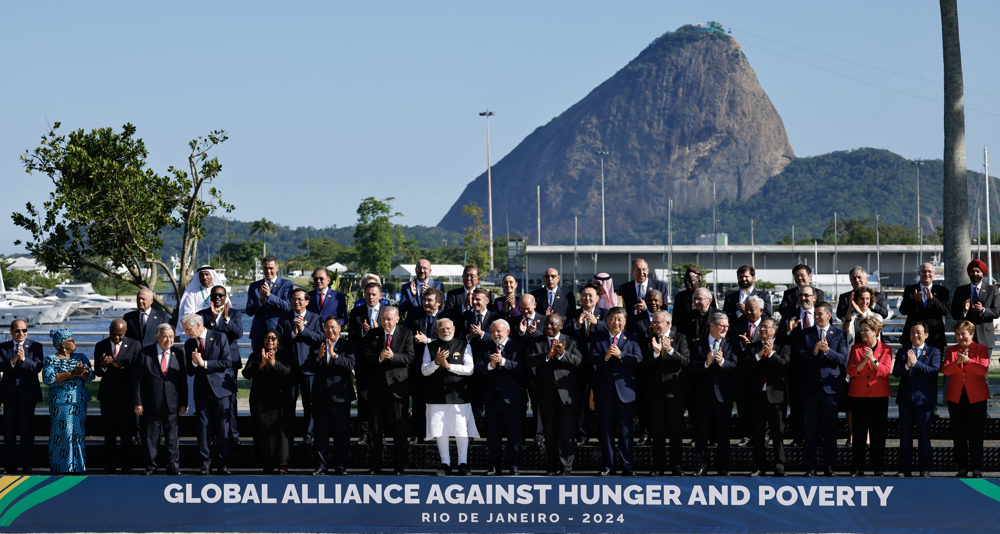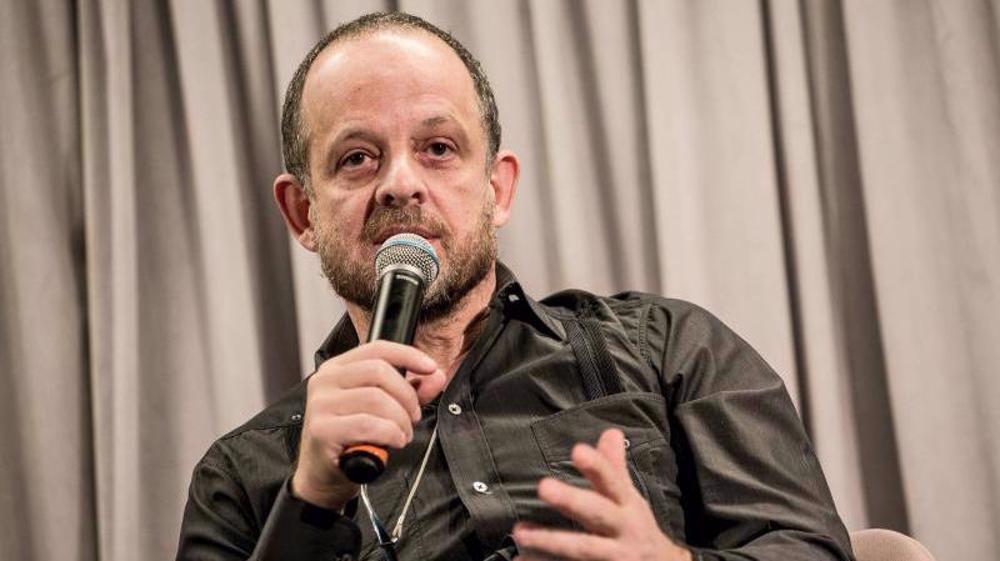Brazilians stage anti-government protests
Hundreds of thousands of people have taken to the streets across Brazil to protest against alleged government corruption, calling for the resignation of President Dilma Rouseff.
Authorities said some 682,000 people marched in 195 cities across the country, with the largest turnout in business center Sao Paulo.
This is while organizers put the number of protesters at an estimated total of 1.5 million.
The crowds protested against alleged endemic corruption in the government, chanting “Dilma out” and “corrupt government.”
The demonstrators were also angered at rising inflation rates and soaring utility costs, calling for officials to effectively tackle the South American country’s staggering economy.

The protest came nearly a month after similar protests were staged on March 15, when more than 1.7 million joined the rallies to protest against Brazil’s stagnating economy and rising energy costs as well as a major corruption scandal involving state-controlled oil giant Petrobras.
Although nobody has yet been convicted, dozens of political figures and former Petrobras executives are looked upon with suspicion over a scheme facilitating corruption and money laundering that saw an estimated USD 3.8 billion creamed off inflated contracts over a decade.
Rousseff, who served as the head of Petrobras before taking office as president in 2010, faces criticism for failing to take action against corruption at the oil company during her tenure and later as the Brazilian leader.
She has denied any knowledge of the multi-billion-dollar bribery and kickback scheme, and backed an ongoing probe into the Petrobras allegations.
The Petrobras scandal and the staggering economy have contributed to a decline in Rouseff’s popularity rating, which has fallen to below 20 percent.
In a bid to improve the country’s economy, the president has imposed budget cuts, but vowed to protect welfare programs that form the foundation of support for her party.
According to the latest figures released from the official Brazilian Census Bureau (IBGE), the country’s inflation rate soared to 8.13 percent in March from 7.7 percent registered a month earlier. The rate is far above the central bank’s ceiling of 6.5 percent. The IBGE said in a report released earlier this month that the rising inflation is mainly due to a hike in the cost of electric energy, which increased by 22 percent in March compared to the previous month. When comparing over the past 12 months, the price has risen by 60.42 percent.
CAH/HJL
VIDEO | Former FBI agent criticizes US Congress for 'outright corruption'
IRGC chief urges Muslim countries to cut aid routes to Israel
'New chapter in cooperation': Iran, Venezuela sign new MoUs
Jordan sentences former lawmaker for supporting Palestinian resistance
Basij volunteer forces hold massive drills in southwestern Iran
Israeli war criminals 'not welcome', US city says after ICC ruling
US vetoing of Gaza ceasefire resolution ‘disgraceful’: Iran’s UN envoy
VIDEO | IAEA adopts anti-Iran resolution tabled by E3










 This makes it easy to access the Press TV website
This makes it easy to access the Press TV website